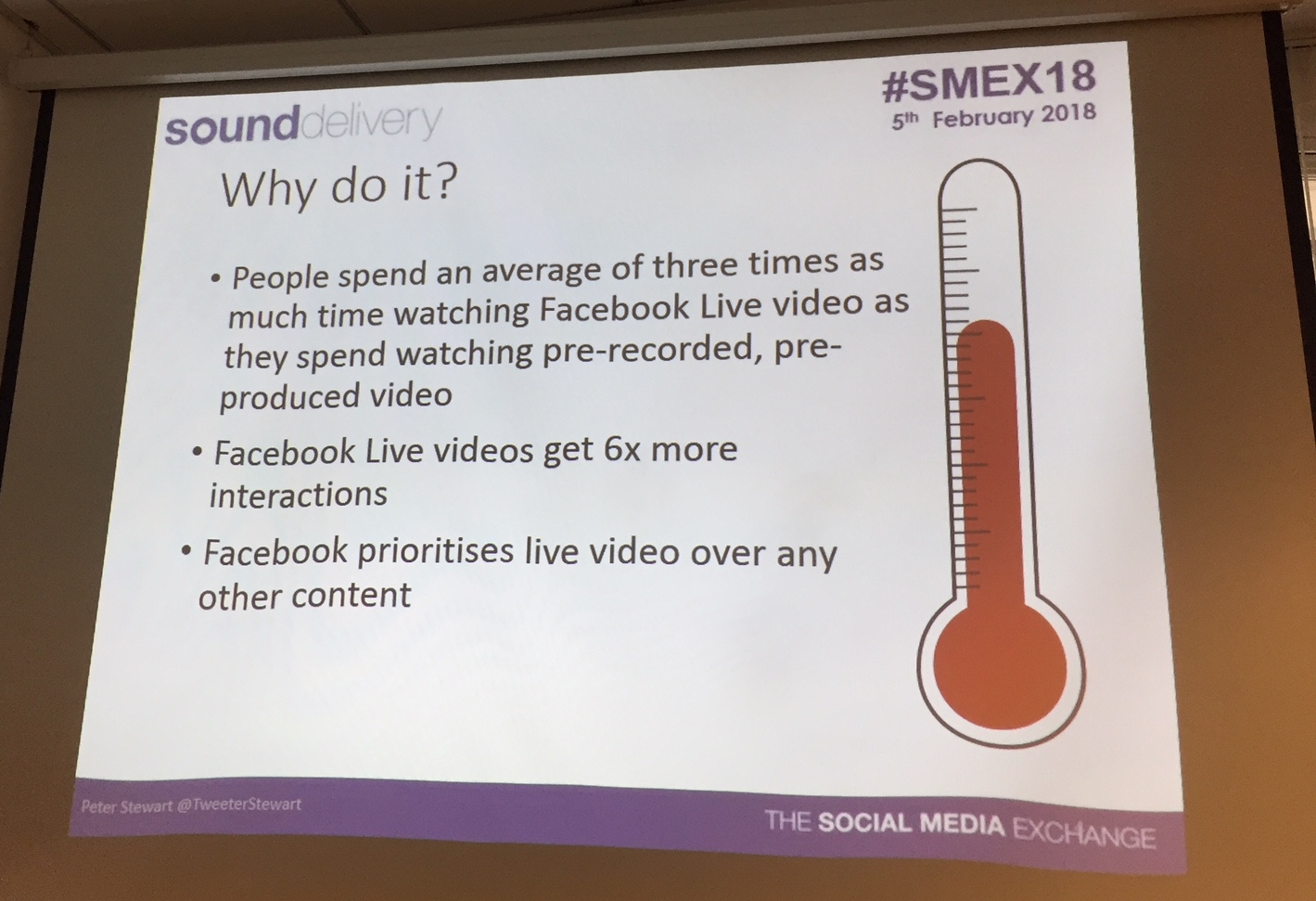E=mc2
After *that* tweet today from NPAS London (the helicopters used by the Metropolitan Police), should organisations think twice about letting staff loose on social media? Absolutely not, says police blogger Nathan Constable in this guest post:

Looking at the way many UK police forces use social media, the tweet posted today by NPAS London was unfortunate to say the least. There are many slick and professional police accounts out there which make it look easy but the ride hasn’t been comfortable and the Twitterstorm that has brewed today is a reminder that there is still a way to go – but continue we must.
I’m Nathan Constable and I am an anonymous police tweeter and blogger. What I am about to share with you may seem a bit odd, coming as it does from someone who hides behind a Darth Vader mask and a fake name, but stick with me.
I came to Twitter quite late, only four years ago or so, but in police terms I was an early adopter. The main problem with that was that most forces weren’t and officers were actively discouraged from using social media – especially to discuss work related matters – and the threat of disciplinary action was actively used as a deterrent. For someone like me who wanted to discuss the wider policing issues of the day in a public forum this created something of a problem. I chose stealth and Nathan was born.
My anonymity is now more a matter of choice. I ‘came out’ to my force about two years ago and my identity is well known nationally within policing circles. Anonymity allows me to discuss issues that an official police account couldn’t but I am very much aware that I walk a fine line and I do my very best not to abuse the trust of those who know me nor abuse the position I hold as a serving officer. At the end of the day I am subject to very tight police regulations and the Code of Ethics and I respect both of those greatly. Whilst I would very much like to play an active role in my own forces social media efforts I know that the transition would be very difficult so – let’s leave things as they are.
Social media really was, and in many cases still is, viewed with a great deal of suspicion and nervousness by senior officers. Whilst things have moved on massively over the last two years or so there is still an under-current of fear in some places. The fear seems to be that officers are going to say something terrible, or disclose something secret or compromise something important. Despite today’s events, time is showing that this rarely happens. Initially people who erred on Twitter were treated harshly and there are some well-documented cases of sledgehammers being used to crack nuts; officers being taken down the misconduct route when nothing more than advice was necessary. Fortunately, these days now seem to be behind us and I hope the NPAS tweet doesn’t prompt a knee-jerk reaction that sets us back.
I am aware that people reading this blog might not work in organisations which match the size or recognisability of the police and most won’t have access to thousands of employees who could tweet but I want to urge you to encourage and trust your staff or volunteers and let them help you spread your message to the world. In order to do so I am going to invite you to consider Einstein’s Theory of Relativity and its three components.
Mass
Whilst all forces have large corporate accounts these can be quite sterile and the messages are often full of police-speak and can be very bland. A while back we christened these as ‘vanilla’ or ‘magnolia’ tweets (beige, inoffensive, neutral but mostly uninspiring.)
The worst accounts tend to use them for broadcast only, but Twitter is about dialogue. It is supposed to be a conversation rather than a notice board and there is nothing worse than an account which posts something and then never replies to the responses it gets.
Recently a police force ran a high profile campaign to combat a specific crime problem. In order to do this and, thinking they might get maximum impact, there was a clear instruction that every police account – corporate, department or individual – would send out the same series of tweets at the same time. By which I mean, exactly the same. The outcome of this for the poor reader who followed multiple accounts from the same force was that their timeline was carpet-bombed with the same four or five messages in rapid succession. It looked staged – it was a clear corporate line and it actually robbed the single officer or department accounts of their individuality. This could have been far more effective if the officers had been allowed to frame it in their own terms and in their own time.
I didn’t fully understand the concept of “reach” until Gemma explained it to me but it has several meanings. In terms of Twitter analytics I was amazed at how far my messages go and how many people see them. Not just my followers but the followers of my followers and, if I get the message right, many others as well. A short while ago my accumulative monthly reach was three quarters of a million people; 750,000 people had in some way seen what I had to say. For an anonymous no-one from nowhere that is surprising and the potential is huge.
It is a bigger audience than I could ever get in one place at any one time and actually bigger than the population of many towns and cities. The point is, however, that these people aren’t in my geographical area (largely, because of my anonymity, I don’t have one); they are national, even international. People adopt police officers as their own “virtual cop” irrespective of where they are in the world purely because they feel comfortable with them on Twitter and find them interesting and engaging. Some individual officers have bigger followings than corporate accounts for this very reason.
If a main account has 1,000 followers and 10 staff have 100 each – well – you can do the maths. Even if your organisation is smaller the numbers still add up.
Speed of Light (squared)
A couple of years ago, a helicopter crashed into the side of a building in Vauxhall, London. Within seconds there were pictures of a fireball in the capital’s streets circulating on the internet. Accompanying these photos were wild guesses as to the cause, many of which suggested a terrorism connection. Had these rumours been allowed to perpetuate then the authorities could very quickly have lost the narrative and panic might have ensued.
Rather than waiting for an official corporate account to publish bland tweets of reassurance about an hour too late the local beat officer (albeit using a borough account) started straight away and retweeted all sorts of other official local accounts such as the fire service, British Transport Police, Transport For London and they did the same. For a full analysis of how this panned out please see my blog but what followed was an absolute text book example of how to do it right. Within minutes the rumours were quashed, the facts were out and common sense prevailed.
The main point was that this wasn’t done by trained communications professionals or the main corporate account. It was spearheaded by front line officers who simply took the initiative and were allowed to do so. Had all this have had to have been cleared by someone in Headquarters then it would have delayed the response and taken the edge off it.

Energy
The best police accounts tend to be those run by individual officers and those organisational ones which add a large dose of humanity into what they put out (see @Glastopolice for a brilliant recent example.) Officers don’t need to talk about their personal lives (though some do) but anything which shows they have a life, and interests and a point of view makes them more interesting and real. More importantly, they reply, they respond and they discuss. I am convinced that people feel far more comfortable talking to someone they can identify as a real person than a flag-bearing corporate account.
Some officers such as Inspector Michael Brown (@MentalHealthCop) have developed huge followings by talking confidently and eloquently on niche subjects within policing. This is an area of policing which no-one knew enough about but one where officers were crying out for information. Michael, off his own back and initially in his own time, has filled a huge knowledge gap. He is now the Mental Health Liaison officer at the College of Policing and does it for a day job.
Whilst the main accounts of most forces have large followings I believe that the vast majority of those followers probably live within the boundaries of the force itself. The individual accounts will have a degree of this but my money would be on their followers coming from a far wider radius and the rise in their followers comes from people finding them interesting – retweeting their messages and other people finding them interesting as well.
Having one, official, corporate account limits your reach and limits the sources from which you can spread the word and get involved in conversations. Unless that account is monitored all the time it limits your opportunity to promote, react and respond.
It is right that any organisation sets standards, has guidelines and an official message but allow your people to add colour and flavour; give people another option than vanilla. If they get it wrong – unless it is a serious matter – then steer them and advise them.
While many people want to hear the official line, it is clear from the evidence of social media and policing that they want to hear from the people behind it as well.
So, with regards social media and your organisation – as per Einstein’s theory – I believe that mass (more people doing it) and speed (those people doing it quickly and frequently) will equal energy. Energy in terms of getting your message out there, it developing its own momentum and your people taking it forward for you. To achieve this you need to empower them, trust them and as today has shown, provide them with training and guidelines within which to operate. This can only strengthen your cause, extend your reach and increase your opportunities.
Tags In
Categories
- Content Creation (3)
- Events (6)
- Freelance Life (5)
- Guest Post (1)
- Media Relations (2)
- Social Media (11)
- Storytelling (8)
- Tips & tricks (9)
- Volunteering (5)




